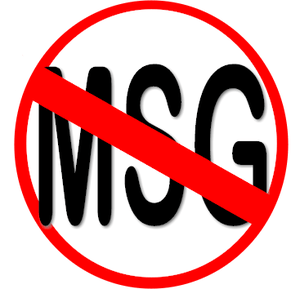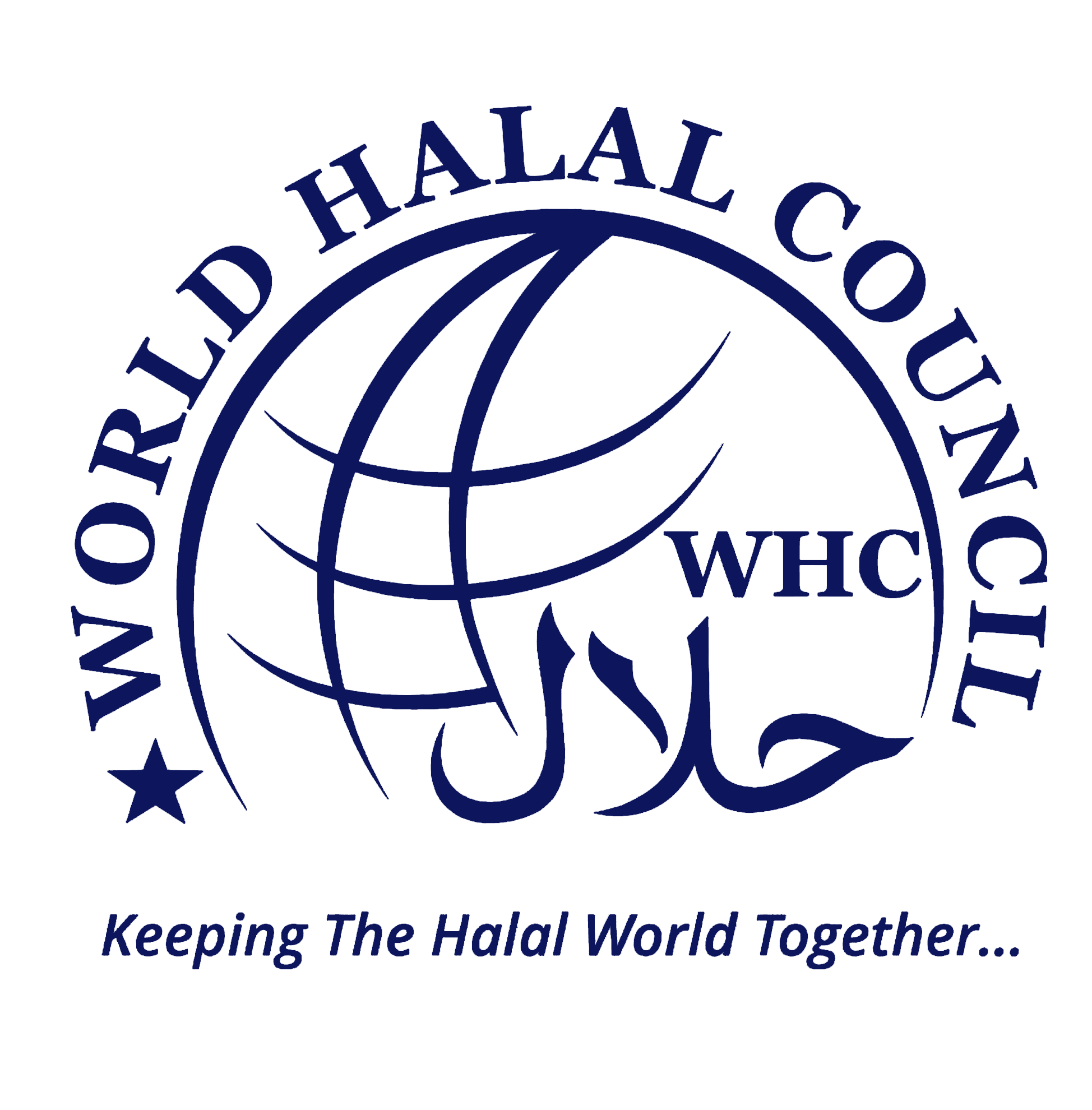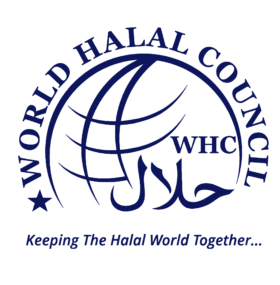
The monosodium glutamate (MSG) is the sodium salt of glutamic acid and is popularly known as Chinese Salt. This product is very widely used in ready foods and restaurants especially in Asian countries. The majority of savory foods products like soups, crisps, broths and savory snacks, crackers, salad dressings, noodles, sausages, sauces and in many other combinations, may contain MSG.
Sometimes, to avoid the name itself, producers may use E 621 or flavor enhancer, preservative 621 or any other innovative names.
However, monosodium glutamate (MSG) is a harmful chemical and known to cause health problems like headache, heart disease and other mental and physical illnesses. It is especially more dangerous to children and pregnant ladies. [1]
GIMDES, the Halal Certifying Body in Turkey, had declared more than 15 years ago that MSG was harmful to human health and must not be used in food production. For this reason GIMDES never certified any food product that contained MSG.
Time showed that GIMDES has been doing the right thing.
In Pakistan some states already banned the use MSG recently. Finally, The Supreme Court of Pakistan has ordered a ban on the sale, import and export of monosodium glutamate salt declaring it is hazardous for health, local media reported recently. [2]
Pakistan Government has also banned the import of MSG into Pakistan. [3]
MSG is used as a flavor enhancer and as a seasoning, especially in Asian cooking. It has no real taste of its own, but it stimulates the taste buds in the human tongue so that the tongue tastes other flavors more vividly. This might sound good but another harm is that when you begin to consume a product that contains MSG, you continue to eat it even though you are full, which causes obesity.
MSG is now banned in child food in about 50 countries including the EU countries.
One may question the Halalness of MSG as MSG is mainly made out of herbal origins. Thus it does not contain animal based ingredients. However, Halal not only means no-pork, no-alcohol: Halal must also be wholesome and healthy.
GIMDES published an article 15 years ago (dated 21 July 2013) and alerted the public against the hazardous effects of MSG. From then on, many people including researchers, academic scholars, even businessmen of the food industry questioned our stand against MSG. Now time has proven that GIMDES has been and is right in not accepting MSG as Halal. In the past 15 years, unfortunately countless tons of MSG were consumed worldwide. It is also possible millions of people suffered above-mentioned symptoms because of MSG.
The good thing is that some finally understands the case against MSG. But the bad part is that some countries still allow this. As per our information, MSG samples were distributed as Halal recently in a convention that is organized in a Muslim country. What can we say? We just pray that Allah show us the right path. At the end of the day, it is the governments’ responsibility to take care or look after the health of their citizens and residents.
[1] https://www.pakistantoday.com.pk/2018/03/03/cjp-bans-sale-of-chinese-salt-terms-it-hazardous-for-health/ [2] https://www.dawn.com/news/1392939 [3] http://www.pkrevenue.com/customs/pakistan-bans-import-of-ajinomoto-salt/#more-12746

